September 9, 2024
Development and acquisition of competences
In today’s rapidly evolving world, having a set of well-rounded competences is crucial not only for academic and professional success but also for personal development and lifelong learning. But what exactly are competences?
Simply put, competences are a combination of knowledge, skills, and attitudes that enable individuals to perform tasks effectively. Understanding how to develop and acquire competences is essential for anyone looking to thrive in both personal and professional arenas.
In this blog post, we will delve into the types of competences, including basic and key competences for lifelong learning. Additionally, we’ll share practical tips on how to enhance your competence acquisition.
Types of competences
Competences can be categorised into various types depending on the context in which they are applied.
Basic competences
Basic competences refer to the foundational knowledge and skills individuals need to navigate everyday life and contribute to society. These include literacy, numeracy, and digital skills, which are essential in today’s interconnected world.
- Literacy: The ability to read, write, and communicate effectively is a core component of basic competences. Literacy is the cornerstone of learning and helps individuals absorb, process, and utilise information across all areas of life. In educational settings, literacy is often prioritised in the early stages, as it lays the groundwork for further competence acquisition.
- Numeracy: Numerical skills allow individuals to solve problems and make decisions based on quantitative information. Whether managing finances, analysing data, or making everyday calculations, numeracy is vital for personal and professional decision-making.
- Digital skills: In an increasingly digital world, being competent in technology is becoming one of the most important basic competences. This includes the ability to navigate the internet, use digital tools effectively, and critically assess online information. Digital literacy is essential for learning, communication, and access to information in today’s society.
Without these basic competences, individuals may struggle to build on more complex or specialised skills. Thus, it is crucial to focus on these foundations before progressing to other types of competences.
Key competences for lifelong learning
While basic competences form the foundation, key competences for lifelong learning help individuals continue to grow, adapt, and thrive in various contexts throughout their lives. Lifelong learning is essential in a world where change is constant, and key competences are what empower individuals to learn, adapt, and improve continually.
The European Union, for example, has identified eight key competences for lifelong learning that everyone should strive to develop:
- Literacy competence: The ability to express, understand, and interpret ideas, facts, and opinions both orally and in writing.
- Multilingual competence: Proficiency in communicating in more than one language to engage in cultural and professional exchanges.
- Mathematical competence and competence in science, technology, and engineering: The ability to apply mathematical and scientific principles to everyday problem-solving and understanding the physical world.
- Digital competence: Using digital tools and understanding the ethical, safe use of information in the digital space.
- Personal, social, and learning-to-learn competence: Managing personal learning and social interactions effectively while adapting to new challenges.
- Citizenship competence: Understanding how to engage in civic life and contribute responsibly to society.
- Entrepreneurship competence: Turning ideas into action, involving creativity, innovation, and risk-taking.
- Cultural awareness and expression competence: Appreciating cultural diversity and engaging in creative expression through the arts.
These key competences for lifelong learning serve as a guideline for the types of skills that enable individuals to succeed in both their personal and professional lives. They are meant to be developed continually throughout one’s life to adapt to new environments and challenges.
Tips for increasing competences
Now that we have explored the types of competences, from basic to key competences for lifelong learning, the next question is: how can we actively work on increasing competence? Here are a few practical tips to help boost your competence acquisition:
- Set clear, achievable goals: The first step in competence acquisition is to set clear objectives. Define what competences you want to improve and break them down into manageable tasks. This clarity will help you stay focused and motivated.
- Embrace a growth mindset: Competence acquisition is an ongoing process that requires resilience and the willingness to make mistakes. Embrace challenges as learning opportunities and persist through setbacks. A growth mindset, which focuses on learning from errors rather than being deterred by them, is essential for increasing competence over time.
- Engage in continuous learning: Lifelong learning is not just a phrase—it’s a practice. Invest time in expanding your knowledge and skills through courses, workshops, and self-directed learning. Whether through formal education or personal research, being proactive in your learning journey will accelerate competence acquisition.
- Seek feedback and mentorship: One of the most effective ways to increase your competences is by seeking feedback from others. Mentors, teachers, or colleagues can offer valuable insights into areas for improvement, as well as strategies to enhance your skills.
- Practice consistently: The development of competences requires regular practice. Whether improving literacy, advancing digital skills, or enhancing problem-solving abilities, the more you practice, the more proficient you become.
- Collaborate with others: Working with others can expand your competences in new ways. Group projects, team learning, or social and civic engagement expose you to diverse perspectives and enhance your ability to work effectively in various environments.
- Reflect on progress: Regular reflection helps you assess how well you are progressing in your competence acquisition journey. Keep track of your learning and celebrate milestones, but also review areas where you can improve. Reflection is a key part of consolidating what you’ve learned and planning the next steps for growth.
Conclusion
Competence acquisition is a dynamic and ongoing process that begins with basic competences and extends to crucial competences for lifelong learning. By understanding the different types of competences and actively working on increasing competence, individuals can position themselves for success in an ever-changing world.


